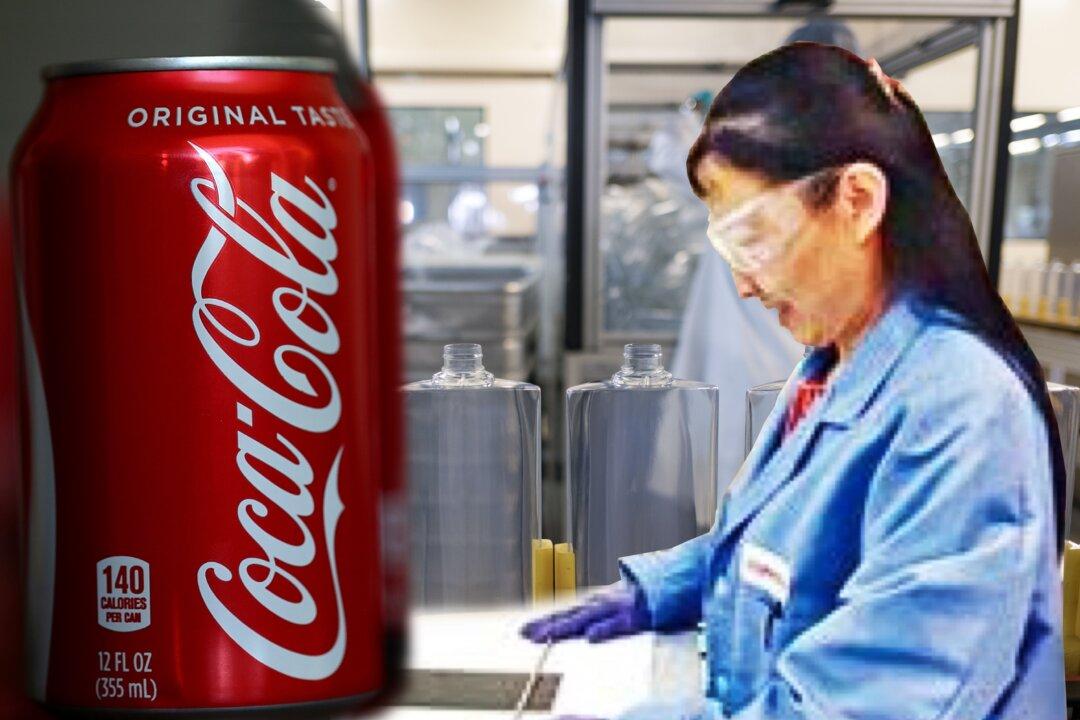A federal judge has sentenced a China-born American chemist to 14 years in prison for stealing trade secrets, engaging in economic espionage, and committing fraud.
You Xiaorong, also known as Shannon You, of Lansing, Michigan, was sentenced by U.S. District Court Judge J. Ronnie Greer in Greeneville, Tennessee on May 9, according to the Department of Justice (DOJ).




